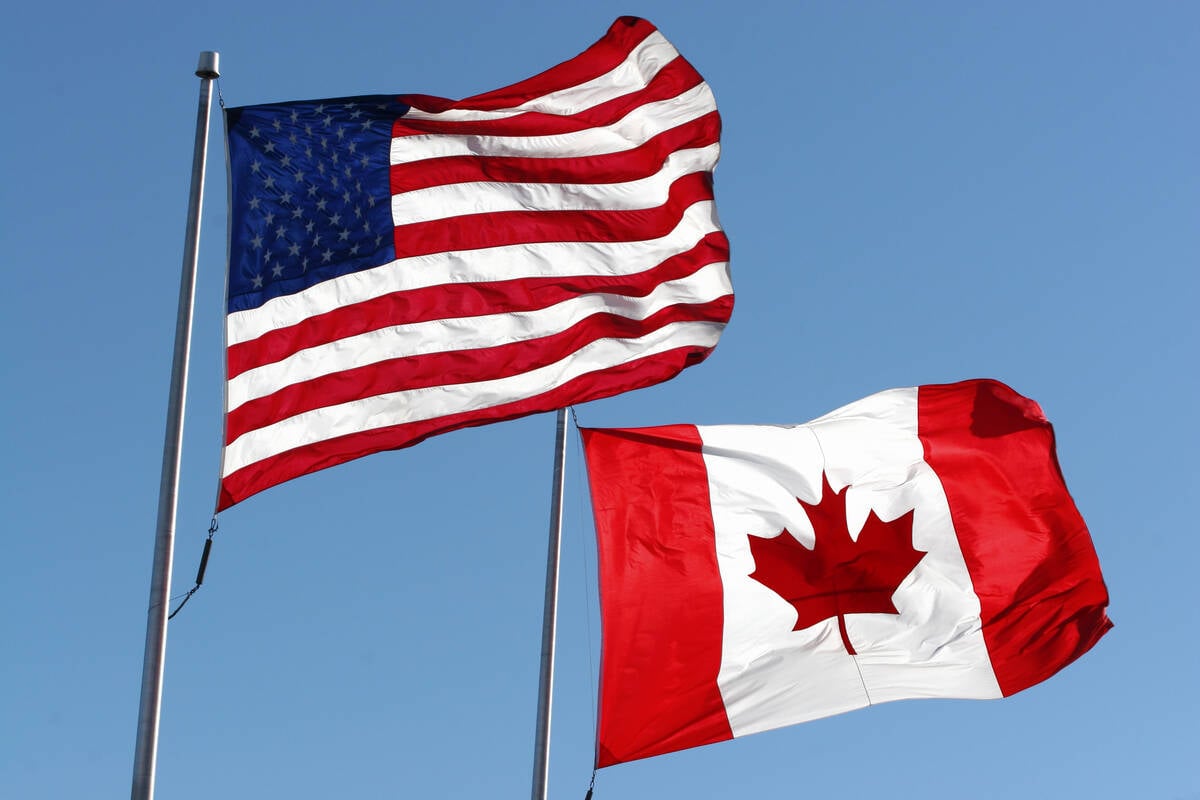ASUNCION (Reuters) – South American trade bloc Mercosur formally
launched discussions for a trade deal with Canada on Friday, in a move
officials said would signal an embrace of free trade at a time other
countries are moving toward protectionist policies.
For Canada, the talks with the group, which includes Argentina, Brazil,
Paraguay and Uruguay, come at a time when the future of NAFTA is facing
increasing uncertainty.
U.S. President Donald Trump exempted Canada and Mexico from tariffs on
Read Also

Trump cuts off trade talks with Canada
(Reuters) – U.S. President Donald Trump said on Thursday that all trade talks with Canada were terminated following what he…
NAFTA talks. Mexico told Reuters on Thursday it would not yield to
pressure.
Canada is further strengthening its trading relationships across the hemisphere! Minister Champagne welcomes agreement to launch #FreeTrade negotiations with @Mercosur https://t.co/S1FKH048UR pic.twitter.com/hzNZpKrTGN
— Canada Trade (@CanadaTrade) March 9, 2018
“We are sending a message to the world,” Canada’s trade minister,
François-Philippe Champagne, said at a meeting in Paraguay’s capital. On
Thursday, Champagne was in Santiago for the signing of an Asia-Pacific
trade deal without the United States, which withdrew from the
Trans-Pacific Partnership last year.
Paraguay’s Foreign Minister Eladio Loizaga said the first meetings would
take place later this month in Ottawa, and Uruguayan Foreign Minister
Rodolfo Nin Novoa said he expected the pact to close by the end of the
year.
The move comes as Mercosur is also seeking to sign a free trade deal
with the European Union. The prolonged negotiations had been expected to
come to an end last year, but have dragged on amid resistance from
European farmers to increased imports of South American beef and
Mercosur is the fourth-largest trade bloc in the world, encompassing a
population of 260 million. Canada’s overall bilateral trade with
Mercosur is worth C$8 billion ($6.24 billion) per year, compared with
C$48 billion for the Pacific Alliance countries of Mexico, Colombia,
Peru and Chile – all of which have free trade deals with Canada.















